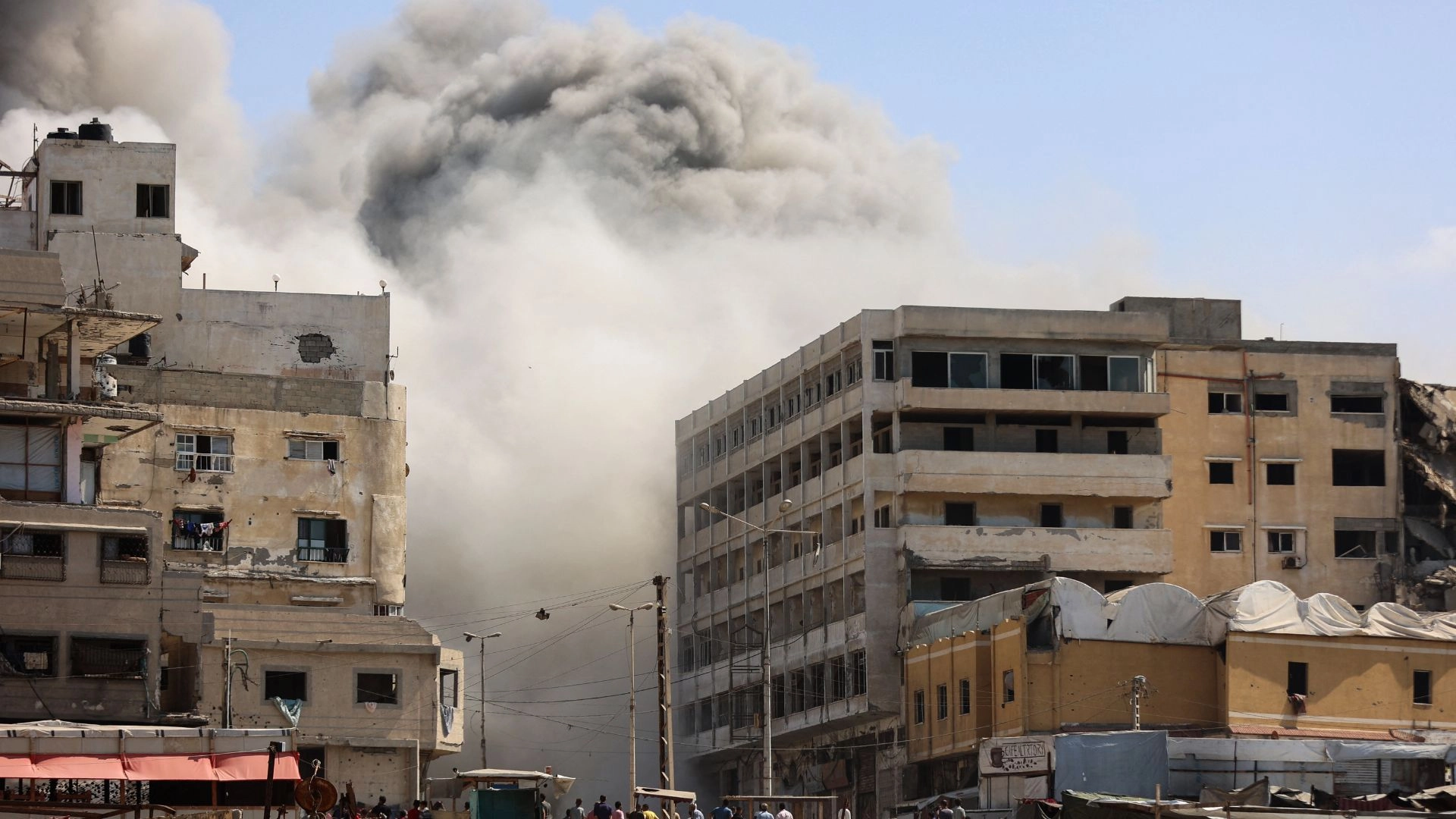The River Betwa, flowing through the heart of Madhya Pradesh, is experiencing a troubling decline that highlights the broader issues of environmental degradation and water management in India. Once a thriving waterway, the river is now suffering from a slow death, largely attributed to a combination of factors including rampant pollution, unsustainable water extraction, and the impacts of climate change. This decline is not just a local concern; it resonates with the larger narrative of rivers across India facing similar fates, as human activity continues to exert immense pressure on these vital ecosystems.
Pollution from agricultural runoff, industrial waste, and urban sewage has severely compromised the water quality of the Betwa. As communities along its banks expand and industrial activities increase, the river is becoming a dumping ground for various pollutants. This not only affects aquatic life but also poses health risks to the populations that depend on the river for drinking water and agriculture. The situation is exacerbated by the over-extraction of water for irrigation and other uses, which has led to significantly reduced flow levels. Such practices disrupt the natural ecology of the river, affecting both biodiversity and the livelihoods of those who rely on its resources.
Additionally, the impacts of climate change, such as altered rainfall patterns and increased temperatures, further complicate the river’s plight. The monsoon season, which traditionally replenished the river, has become increasingly erratic, leading to periods of both drought and flooding. These extreme weather conditions not only threaten the river’s health but also the agricultural practices of local farmers who depend on predictable water sources. As the river continues to dwindle, the consequences ripple through the ecosystem, affecting everything from local flora and fauna to the socio-economic fabric of the communities that call its banks home.
In response to the ongoing crisis, there is an urgent need for comprehensive water management strategies that prioritize sustainability and environmental conservation. Community engagement is crucial in this endeavor, as local populations must be involved in the decision-making processes regarding water usage and pollution control. Conservation efforts, such as reforestation along riverbanks and the promotion of eco-friendly agricultural practices, could play a significant role in restoring the Betwa. Moreover, governmental policies must enforce stricter regulations on industrial waste disposal and promote cleaner technologies to safeguard the river’s health.
The plight of the River Betwa serves as a stark reminder of the interconnectedness of water resources, human activity, and environmental health. As India grapples with increasing water scarcity and pollution, the fate of rivers like the Betwa underscores the urgent need for collective action and sustainable practices. Only through concerted efforts can we hope to reverse the river’s slow death and ensure that future generations can enjoy the ecological and cultural significance of this vital waterway.




